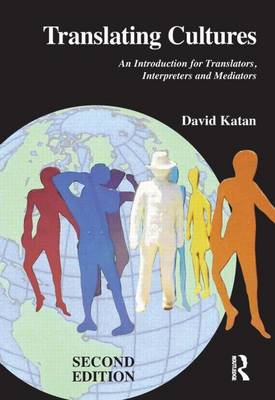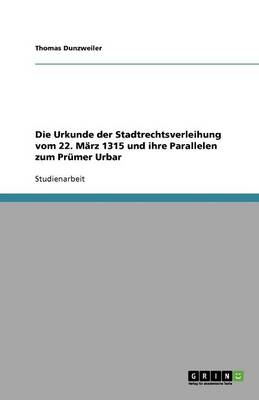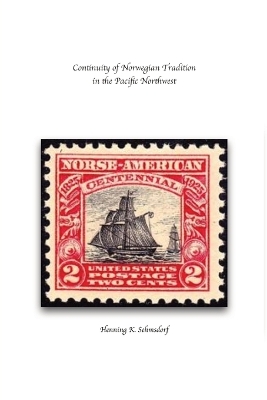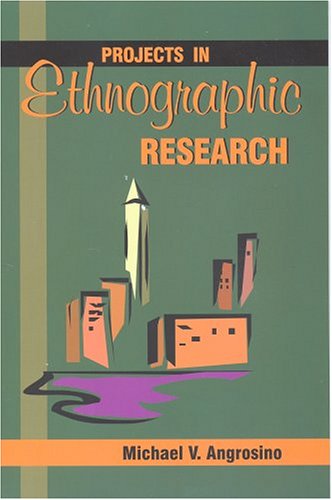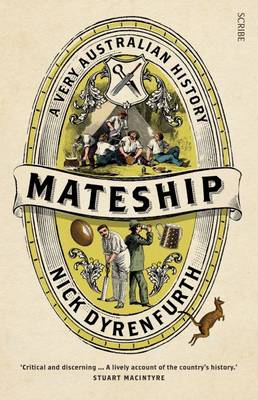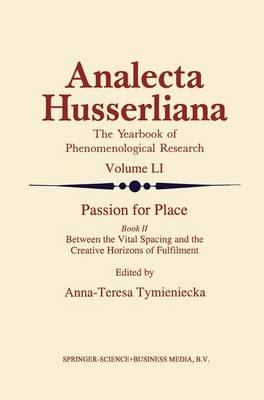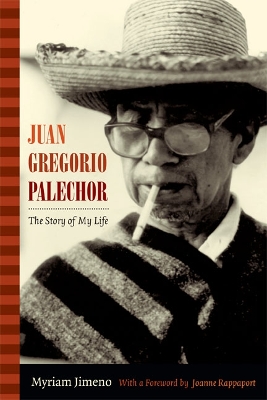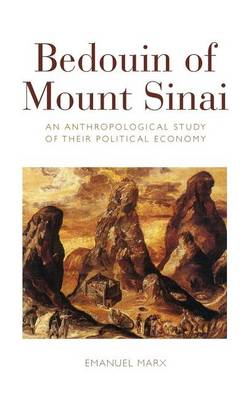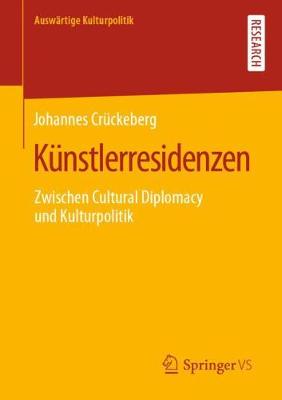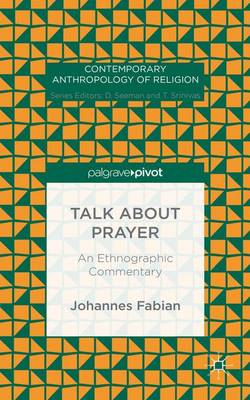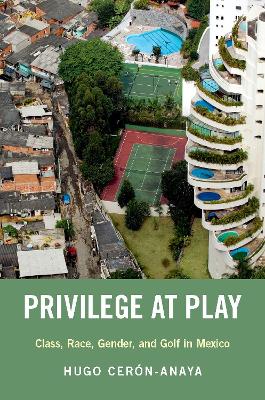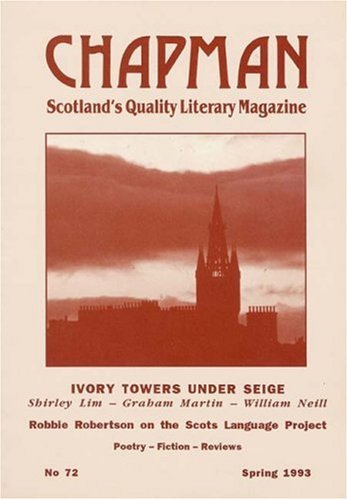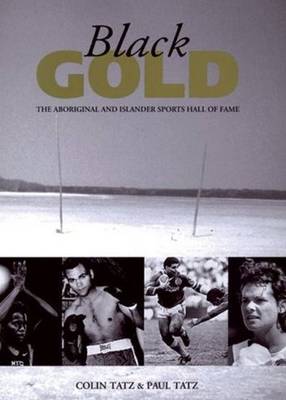Translating Cultures: An Introduction for Translators, Interpreters and Mediators
Die Urkunde der Stadtrechtsverleihung vom 22. März 1315 und ihre Parallelen zum Prümer Urbar
by Thomas Dunzweiler
Continuity of Norwegian Tradition in the Pacific Northwest
by Henning K. Sehmsdorf
Der Band stellt einerseits Vorgeschichte, Verlauf und Auswirkungen eines der spektakulärsten Zusammenbrüche eines Versicherungskonzerns im 20. Jahrhundert dar und bietet darüber hinaus eine am Beispiel demonstrierte, systematische Analyse der Verflechtung von Misswirtschaft mit Medien, Staat und Gesellschaft. Die Phönix Lebensversicherung, mit Sitz in Wien und Kunden in 22 Ländern, wurde im Jahr 1936 zahlungsunfähig. Sie hatte riesige Verluste aufgetürmt, Bilanzen gefälscht und Schlüsselperson...
A 'mate' is a mate, right? Wrong, argues Nick Dyrenfurth in this provocative new look at one of Australia's most talked-about beliefs. In the first book-length exploration of our secular creed, one of Australia's leading young historians and public commentators turns mateship's history upside down. Did you know that the first Australians to call each other 'mate' were business partners? Or that many others thought that mateship would be the basis for creating an entirely new soci...
Passion for Place Book II (Analecta Husserliana, #51)
Among the multiple, subliminal passions that inspire our life in innumerable ways, literature shows us one that seems to play a particularly penetrating role in human concerns. This passion, which Tymieniecka calls an `esoteric passion', finds its projection and crystallization in space: it is the esoteric passion for space. This subliminal passion, investigated through literature, allows the philosopher to reach beneath the fallacious separations of nature, humanness and the cultural...
The Colombian activist Juan Gregorio Palechor (1923-1992) dedicated his life to championing indigenous rights in Cauca, a department in the southwest of Colombia, where he helped found the Regional Indigenous Council of Cauca. Recounting his life story in collaboration with the Colombian anthropologist Myriam Jimeno, Palechor traces his political awakening, his experiences in national politics, the disillusionment that resulted, and his turn to a more radical activism aimed at confronting ethnic...
The Sinai Peninsula links Asia and Africa and for millennia has been crossed by imperial armies from both the east and the west. Thus, its Bedouin inhabitants are by necessity involved in world affairs and maintain a complex, almost urban, economy. They make their home in arid mountains that provide limited pastures and lack arable soils and must derive much of their income from migrant labor and trade. Still, every household maintains, at considerable expense, a small orchard and a minute flock...
Kunstlerresidenzen (Auswartige Kulturpolitik)
by Johannes Cruckeberg
Talk about Prayer (Contemporary Anthropology of Religion)
by Johannes Fabian
Talk about Prayer is an experiment in writing ethnography, a commentary on a conversation with Mama Regine Tshitanda, the leader of a Charismatic prayer group (groupe de priere) in Lubumbashi (Katanga, Democratic Republic of the Congo) and members of her family in 1986. Fabian's research on expressions and practices of popular culture, including popular religion, was conducted during two visits to Katanga in 1985 and 1986. He discusses controversial issues in the study of the Global Charismatic...
Dance That Makes You Vanish, The: Cultural Reconstruction in Post-Genocide Indonesia (Difference Incorporated)
by Rachmi Diyah Larasati
While most research on inequality focuses on impoverished communities, it often ignores how powerful communities and elites monopolize resources at the top of the social hierarchy. In Privilege at Play, Hugo Ceron-Anaya offers an intersectional analysis of Mexican elites to examine the ways affluent groups perpetuate dynamics of domination and subordination. Using ethnographic research conducted inside three exclusive golf clubs and in-depth interviews with upper-middle and upper-class golfers,...
A Convenient Hatred chronicles a very particular hatred through powerful stories that allow readers to see themselves in the tarnished mirror of history. It raises important questions about the consequences of our assumptions and beliefs and the ways we, as individuals and as members of a society, make distinctions between "us" and "them," right and wrong, good and evil. These questions are both universal and particular.
